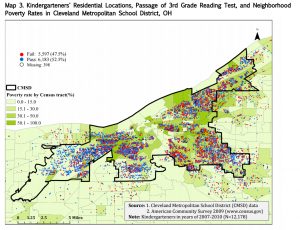Skip to main content
- Home
- Kindergarten readiness assessment


